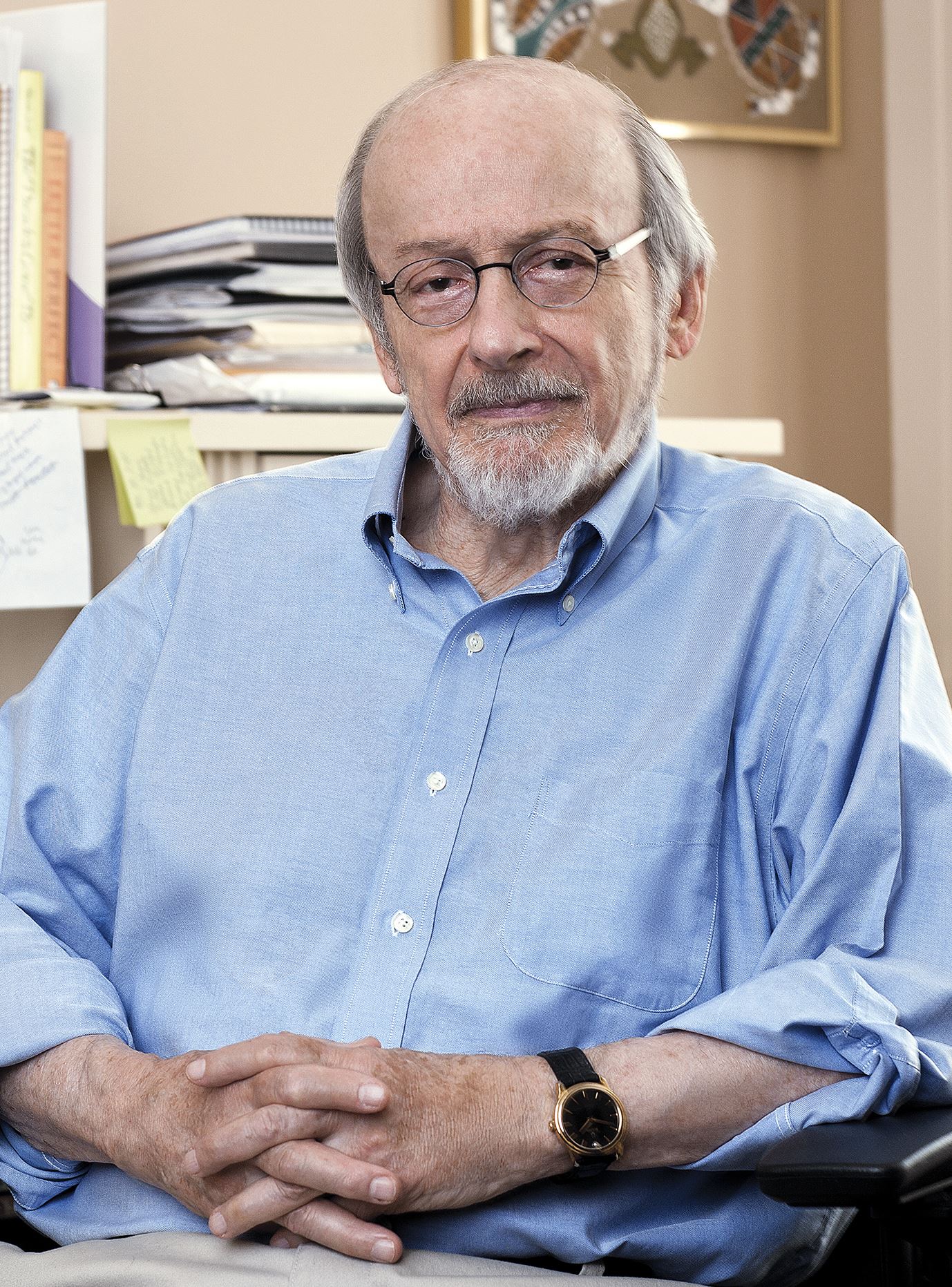 With all due respect to professors of U.S. history, if you want to give yourself a crash course in some of the significant moments in 19th- and 20th-century America, one of the best and most entertaining ways to start would be to build a syllabus from the works of E. L. Doctorow. The celebrated author of such historical novels as RAGTIME, WORLD’S FAIR and my personal favorite, BILLY BATHGATE, died of lung cancer this past Tuesday. He was 84.
With all due respect to professors of U.S. history, if you want to give yourself a crash course in some of the significant moments in 19th- and 20th-century America, one of the best and most entertaining ways to start would be to build a syllabus from the works of E. L. Doctorow. The celebrated author of such historical novels as RAGTIME, WORLD’S FAIR and my personal favorite, BILLY BATHGATE, died of lung cancer this past Tuesday. He was 84.
In an interview with The Paris Review in 1984, he told George Plimpton, “I myself like the way Shakespeare fiddles with history.” Doctorow, too, was an adept fiddler of history. He gleefully experimented with literary conventions, employing such tricks as unreliable narrators and multiple points of view, and tweaked American history just enough to give readers fresh perspectives on some of the landmark events that have defined the American experiment.
Where to start? If you’re a Civil War buff, or merely curious about the bloodiest conflict in the country’s history, consider THE MARCH (2005), set in the final years of the war and featuring a Robert Altman-sized cast of characters, among them the erratic military mastermind General Sherman. THE BOOK OF DANIEL (1971), which takes place from the 1940s to the late 1960s, features characters based on Julius and Ethel Rosenberg, the Americans who were executed for passing atomic bomb secrets to the Soviets. RAGTIME (1975) is the tale of fireworks manufacturers, socialites and vigilantism --- with cameo appearances from the likes of Harry Houdini and J.P. Morgan --- in early 20th-century New York. And BILLY BATHGATE (1989), set in the Bronx of the 1930s, is the reminiscence of Billy Behan, who, at age 15, became apprentice to the ruthless bootlegger and gangster Dutch Schultz, a man as adept at tutoring a young acolyte as he was at fitting a lieutenant with cement shoes.
Each Doctorow book overflows with research and historical detail, but they never overwhelm the narrative. His novels educate as much as they entertain --- a tough doubleheader to win. Even a slight work such as ANDREW’S BRAIN (2014), his final novel, used literary sleight-of-hand to comment on the George W. Bush presidency and the impact of 9/11.
In that Paris Review interview, Doctorow made a confession that should encourage every aspiring writer. He said that he spent several months writing the first 150 pages of THE BOOK OF DANIEL but threw those pages out because he thought they were terrible. He tried again, found Daniel’s voice, and soon a masterpiece was born. His perseverance paid off. And American literature is richer for it.


